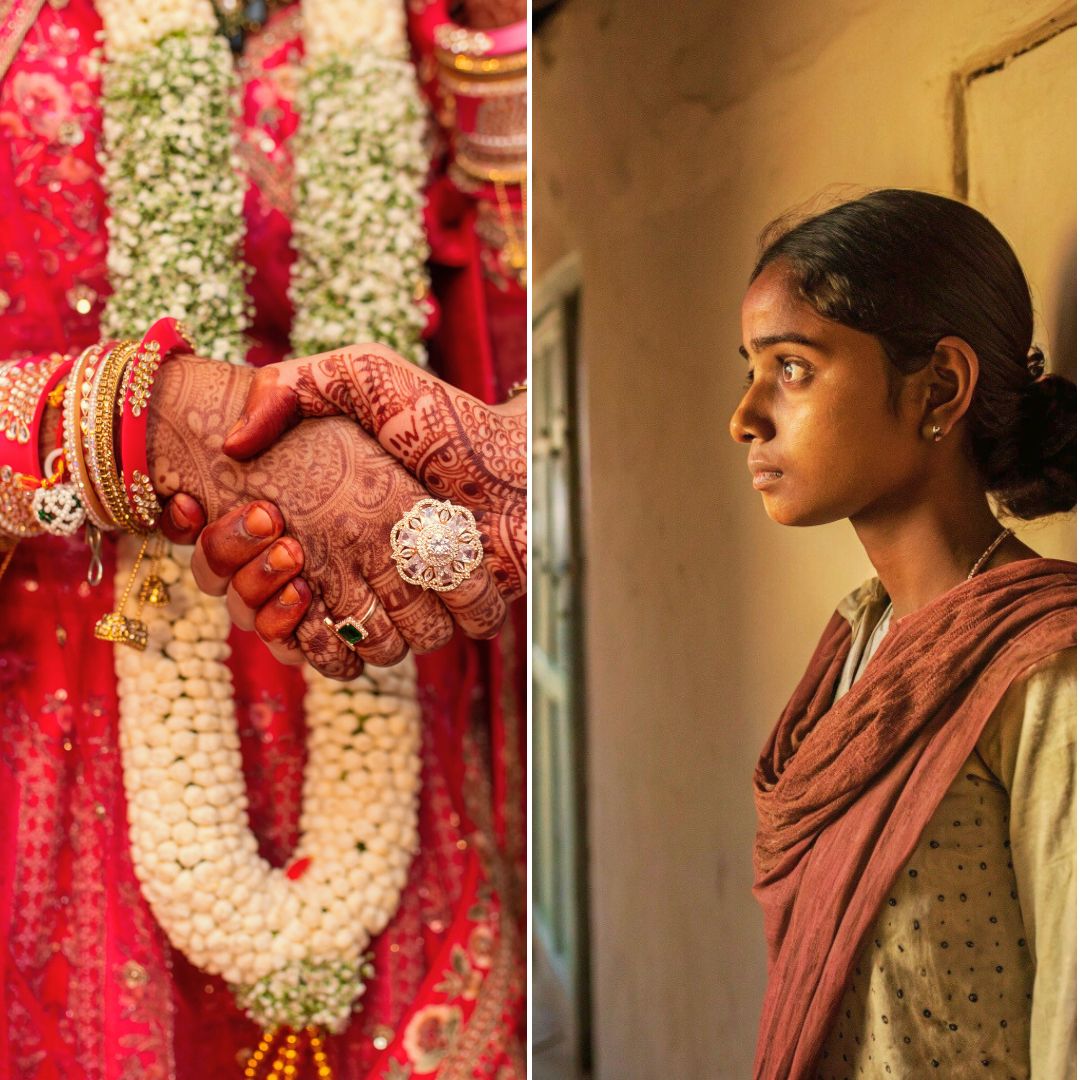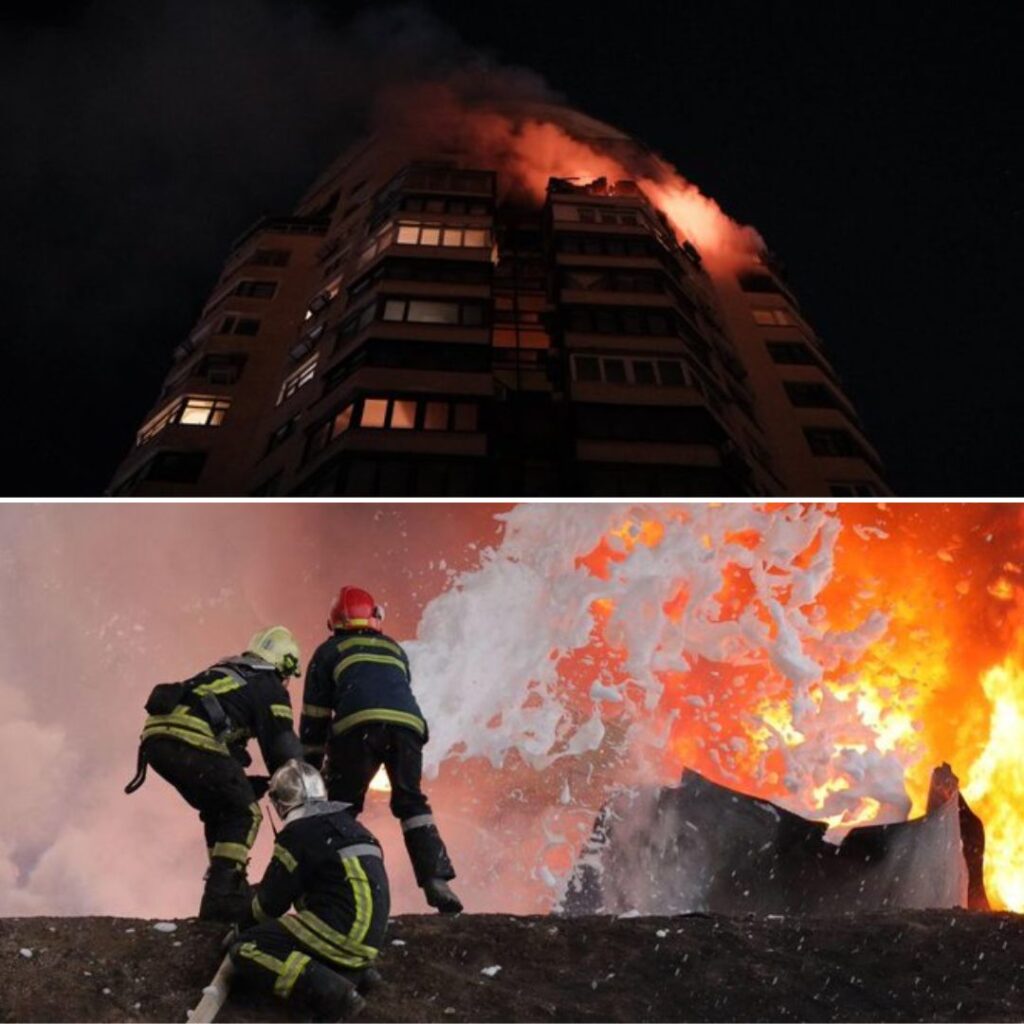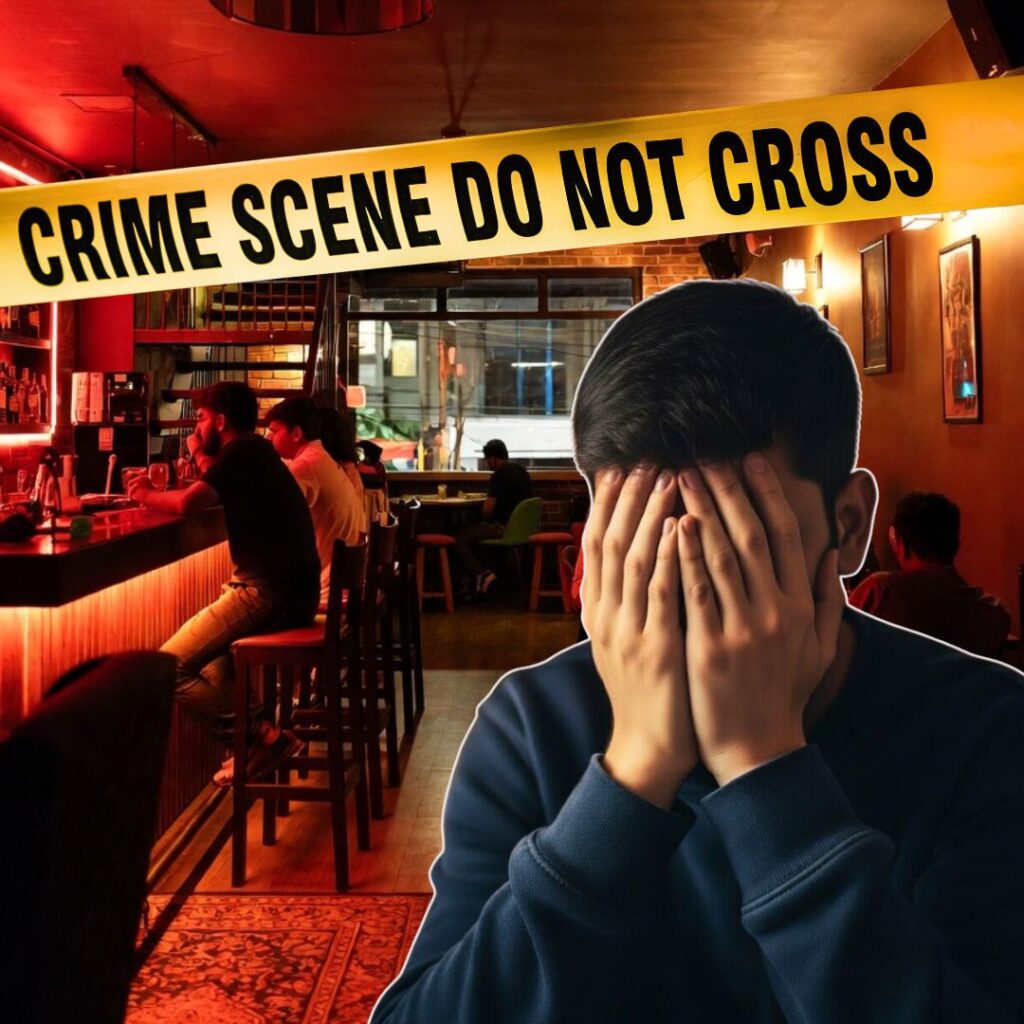A Firozabad court has sentenced a 51-year-old man to life imprisonment and imposed a ₹71,000 fine for repeatedly raping his daughter from age 12, marrying her off after she became pregnant and gave birth in 2014, and attempting to sexually assault her again.
The Additional District and Sessions Judge (ADJ), Shyam Babu, declared the case a severe breach of trust, and directed half of the fine to aid the survivor’s long-term rehabilitation.
This conviction, based on the survivor’s determined testimony and supporting evidence, signals progress but also reveals the deep challenges survivors of familial sexual abuse face in India.
Decades of Trauma Unveiled in Open Court
The harrowing details emerged after the survivor, supported by her mother, filed a complaint in 2019, nearly seven years after the initial abuse began. The judicial inquiry revealed that the accused began sexually assaulting his daughter in 2012 when she was 12.
When the victim became pregnant, the father married her off in an attempt to conceal his crime and avoid social repercussions. The woman, now in her 20s, recounted in court that she continued to face her father’s threats and further attempts to assault her after the forced marriage.
The prosecution presented medical records and the testimony of witnesses, including family members, which established the pattern of abuse and intimidation.
Judge Shyam Babu, in passing his verdict, condemned the accused’s actions as “monstrous” and confirmed that financial assistance for the survivor’s recovery was paramount.
Judicial and Societal Response: Progress and Persistent Gaps
Despite securing a conviction, the case has reignited debate around the effectiveness of India’s legal and social frameworks to protect children from intra-family sexual violence.
Police initially registered the complaint under sections 376 (rape), 323 (voluntarily causing hurt), and 506 (criminal intimidation) of the Indian Penal Code, but the Protection of Children from Sexual Offences (POCSO) Act was not applied because the survivor was legally an adult at the time of reporting, showcasing a gap in survivor-centric legal protection.
Women’s rights advocates and legal experts have called on authorities to proactively invoke child protection laws when offences begin in the victim’s childhood, irrespective of reporting age.
Social workers from Firozabad and across Uttar Pradesh say the case underscores a broader failure to provide timely intervention and trauma care, especially for victims trapped in abusive family settings.
“We need communities, authorities, and police who believe survivors and act quickly, rather than placing the burden on them to prove their innocence,” said a leading child rights activist following the verdict.
A Community Reckons with Silence and Accountability
The survivor’s courage in coming forward and her family’s subsequent support were crucial in overcoming the resistance often faced by victims of incest and intra-familial violence.
Community leaders and social organisations have lauded the court’s decision but also stress the continuing need for awareness and education to dispel taboos that contribute to silence around such cases.
The court’s order to provide rehabilitation funds signals a growing understanding of the psychological and long-term impacts of abuse, yet experts point out that many survivors still struggle to access effective support and justice.
The survivor’s journey, from suffering in silence to finally obtaining justice, stands as a testament to the strength of those who come forward and as a call for society to develop more sensitive, rapid-response systems for victims of sexual abuse.
The Logical Indian’s Perspective
This verdict highlights the need for not only strong legal consequences, but also increased societal empathy and support for survivors of incest and familial abuse. The Logical Indian stands in solidarity with those who experience such trauma and calls on communities, law enforcement, and the judiciary to dismantle cultures of silence that protect abusers.
Every survivor deserves justice, dignity, and a future free from fear this can be achieved only when every stakeholder shares in the responsibility to protect and heal. How will you contribute to ending the cycle of silence and supporting survivors in your community?












